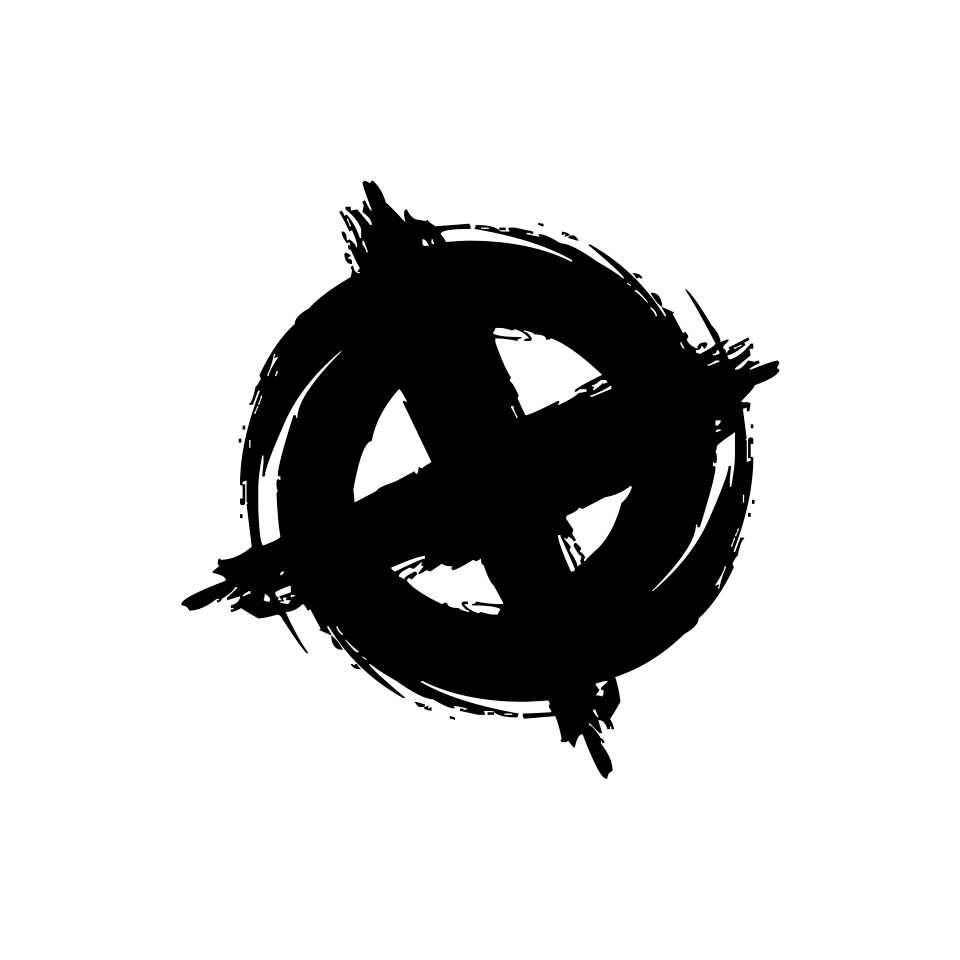The Offer
Not the skis in question … but appropriately narrow for the era.
My recent post titled "Landlines" focused on my first climbing mentor, Dave Kahn, and his death. In the essay I wrote about using his Dura-Fiber XR-2 alpine skis after he passed. I actually bought them from Dave before he died, and he turned our transaction into a teaching point that I vividly recall to this day. That lesson, having to do with actual value rather than perceived or accessible value, came up in an essay I wrote in 2014 titled, "The Offer", which may be found on page 341 of the second edition of POISON. The lesson of value — how we value objects, how we value our thoughts and actions, and how we value ourselves — is constantly present throughout our lives, and has certainly come up recently as we slowly, finally, maybe begin to appreciate the value of NonProphet itself and begin to change our behavior accordingly. I thought it might be useful to revisit these words, if only to remind ourselves the importance of this lesson.
___________
We need to talk about value. Everything costs something and everyone pays. Everyone can afford to pay some fee but no one wants to pay the real cost. We ask for a discount. We believe we can buy what we want for the price we can afford. Too few step up to pay what a product or condition is actually worth.
The objective has value. We could argue about a little more or a little less but generally the value is fixed. Maybe only as much as you assign it but if it wasn’t valuable you wouldn’t want to achieve it. Can you pay for it? Given the resources that you possess: time, energy, social circumstances, personal ideals, etc., is the goal you have established within your reach?
Or do you "want" beyond your means?
Is it optimism or have you been brainwashed by the marketeers who would have you buy a product they insist will take you closer to your objective? And if it isn’t true?
Much frustration and disillusion could be mollified if folks would simply recognize that what they are willing and able to give isn’t the true cost of what they want to achieve. Sub-10 in Kona on six hours per week of training? The goal costs more than the player can afford. If he was realistic he might be happier.
Thirty years ago I tried to buy a pair of custom skis from a friend. He didn’t name a price but instead - and I suspect it was a teaching point - he asked me to suggest the price. I did. He replied, “That's a poor offer.” I had no idea what he meant. So he explained. “You offered me only what you can afford, and it isn’t even close to the value of the skis.” We eventually agreed on a price that was more than double my original offer. I have never forgotten his lesson.
Brian Enos once asked, “What is the relationship between your will, and the motor skills required to accomplish a task?” In the moment he was talking about shooting and competition but his words apply to just about everything.
Desire maintains a continuous relationship with capability. It is often unbalanced. Much of our dissatisfaction with performance stems from this lack of equilibrium. None of us want to consider ourselves deluded but if we don’t possess the physical and/or psychological resources to reach the goal we have set ourselves we have chosen illusion. When we understand the imbalance we can use desire to fuel new capability.
It is difficult to sit down and accurately assess the value and cost of our goals, and weigh those against the resources we can apply. It is easy to let dietary and recovery weaknesses undermine great physical skill. Easy to ignore how we crack when the real pressure is on despite having rehearsed and practiced exceptionally well. If you can’t bring it on THE day then how you trained and what you did on every other day simply does not matter.
Successfully achieving our objectives requires the constant interplay of many, many factors. We can break these down in great detail, and try to tweak the outcome piecemeal or simply ask whether we can afford the cost, generally. Take an honest look in the mirror and ask, "What am I willing - and able - to put in to this?" Answer truthfully. In detail. The realism of both your goal and your budget will become clear. Too clear.


